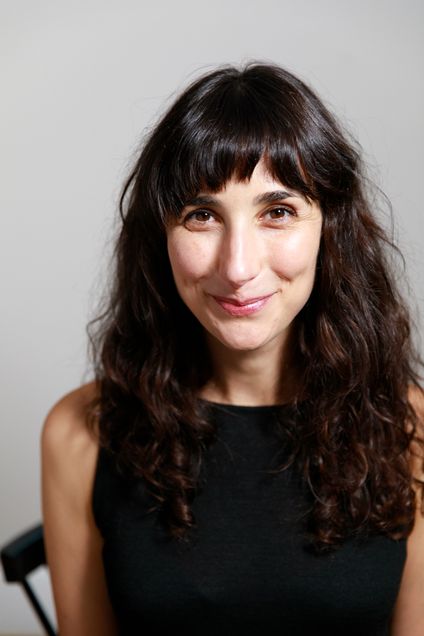Congratulations to Dr. Meg Younger for becoming a Searle Scholar. The Searle Scholars Program provides annual grants to selected universities to support independent biomedical research of exceptional young faculty. Dr. Younger, who has recently become an assistant professor for the Department of Biology, was awarded $300,000 in flexible funding for her work over the course of the next three years. Despite the rigorous selection process, Dr. Younger was selected from 186 application nominations by 176 universities and research centers for her research on human odor detection in blood-drinking mosquitoes.
Scholars address challenging research questions that, “lead to new insights that fundamentally change their fields, and often times lead to exciting opportunities for translation and the development of new therapeutics and diagnostics.” When asked about what she hopes to accomplish, Dr. Younger replied,
“Mosquitoes transmit deadly diseases and they use their sense of smell when they search for a human to bite. The goal of my lab is to understand how the mosquito sense of smell (also referred to as the olfactory system) detects human odor when a mosquito is looking for a person to bite. My previous work demonstrated that the organization of the mosquito olfactory system is different from most other animals that have been studied. We hope to understand how mosquitoes use this atypical organization to be such good human hunters. We hope that, in the long term, this will allow us to develop new strategies to prevent mosquitoes from biting people and spreading diseases.”
Dr. Younger finds working with and mentoring passionate and creative students interested in research to be a rewarding experience.
“One of the most rewarding things is when I get to play a part in someone else’s growth and see their transformation from student to confident scientist.”
When asked about some challenges she faces in her work, Dr. Younger describes:
“Part of being a scientist is finding ways to deal with the inevitable ups and downs of both successful and failed experiments. Everyone finds a different way to deal with failure in science, and the real mark of a successful scientist isn’t that all of their experiments work out, rather it is that they know how to regroup after a failed experiment. They come back to the lab the next day and don’t give up!”

Congratulations, Dr. Younger!